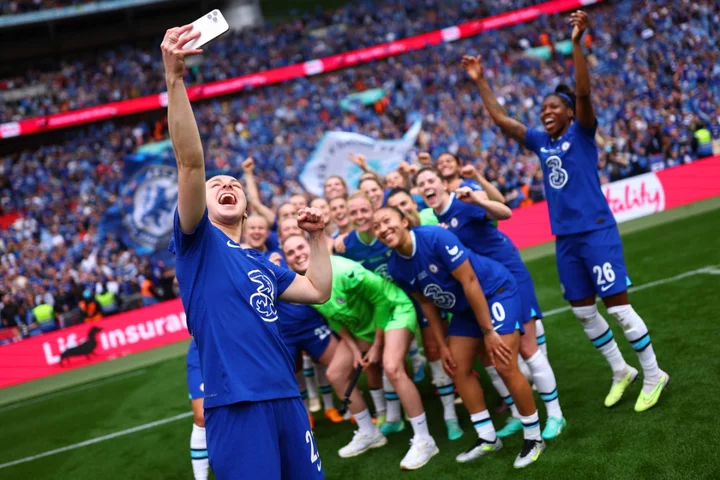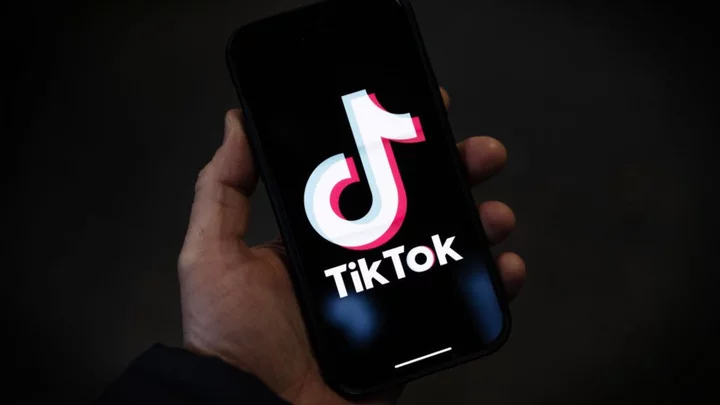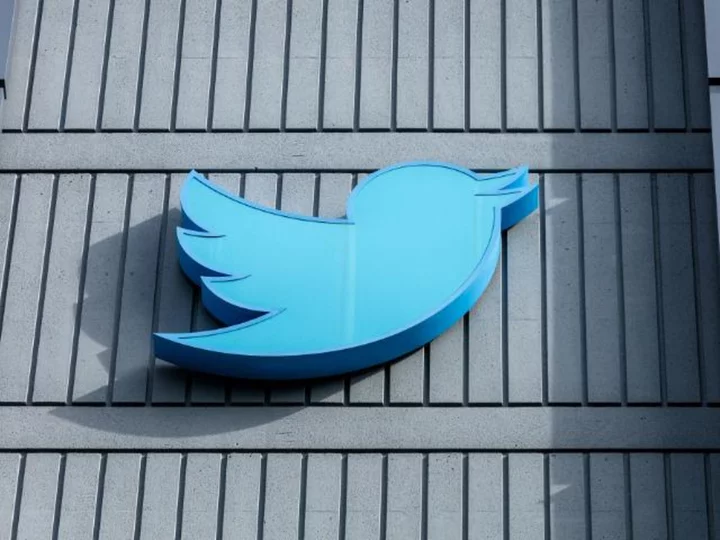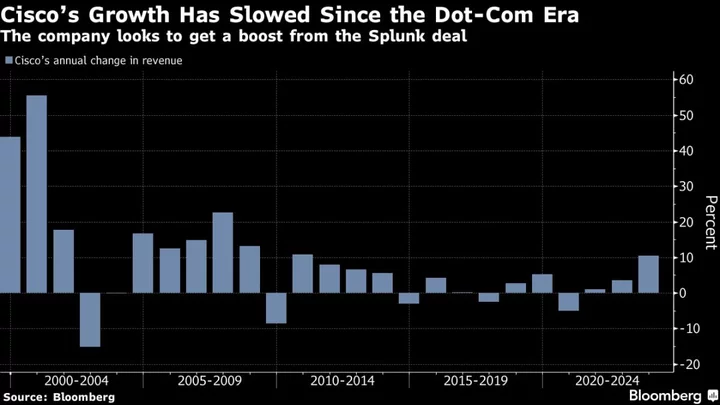A new deal will bring the “biggest shake-up in the UK mobile market for over a decade” – and could have significant consequences for anyone who uses a phone in the country. Vodafone and Three will merge as part of a deal that will see the two companies merge to make one of Europe’s biggest mobile operators. That will leave customers of those companies – and other operators in the UK – with a network operator significantly different from the one before the merger happened. But will it benefit those customers, or harm them? Here’s everything you need to know about how the possible deal might shakeup the mobile market. What is happening? Vodafone and Three – both relatively small phone networks in the UK – will merge together, with Vodafone owning 51 per cent of the combined business. It’s not clear yet what the new company will be called. It’s also not actually clear whether the deal will actually go through. Regulators still have to approve it, which is not guaranteed. It will affect the companies themselves, which will be re-organised around the new merger, as well as employees who may now fear job cuts. But it will also affect customers and the rest of the country. The deal is expected to be completed before the end of 2024, the companies said. “This long-awaited mega merger represents the biggest shake-up in the UK mobile market for over a decade,” said Kester Mann, director of consumer and connectivity at CCS Insight. What does it mean for customers? The companies are looking to position the deal as great for its customers. It says that it will immediately lead to a “better network experience with greater coverage and reliability at no extra cost, including through certain flexible, contract-free offers with no annual price increases, and social tariffs”. Over the long term, it is not clear how the company intends to bring those customers together. When EE and T-Mobile merged into EE, for instance, the two customer groups initially stayed separate and then gradually became integrated. What does it mean for people who aren’t Three or Vodafone customers? Those behind the merger argue that it will help everyone else, too. Margherita Della Valle, Vodafone’s chief executive, said that it was “great for customers, great for the country and great for competition”. The “country” part of the statement is intended to point to the £11 billion investment that the newly merged company has promised for the UK, which it says will help “create one of Europe’s most advanced standalone 5G networks”. That new network will help provide billions in economic benefit, it argues. And the “competition” part comes from the argument that the mobile market will become more competitive, with another large operator in it. In theory, that could lead to better prices and deals for everyone – though there is of course no guarantee of that. Will prices go up for existing or new customers? It’s difficult to know this far out. Bigger companies have more power, which they can use to try and drive prices higher – but they also have more scale, which they can potentially use to be more efficient and reduce prices. Both companies have recently increased their prices significantly, even above inflation, which might be a clue to how they intend to behave in the future. But they may argue that the deal would allow them to avoid similar rises in the future. This will be the question that regulators grapple with as they probe whether the deal should go ahead. If they cannot be convinced that the merger will lead to better conditions for customers, then they will look to stop it. Will the deal go ahead? There is still a good chance that regulators will stop the deal from going ahead. They did the same when Three attempted to take over O2 in 2016, citing the risk that the deal would lead to higher prices. “This will be a hard sale given that both companies have been outperforming the market for the last year or so,” said Paolo Pescatore, from PP Foresight. “Let’s see if the authorities have a change of heart. Both parties need to demonstrate that this is genuinely in the interest of UK plc, the economy, and consumers for it to have a chance of getting over the line.” Read More Battery breakthrough ‘offers 1,500 kilometre range from just 10 minutes of charging’ EU makes major statement on the future of Google Reddit’s blackout protest is set to continue indefinitely Battery breakthrough ‘offers 1,500 kilometre range from just 10 minutes of charging’ EU makes major statement on the future of Google Reddit’s blackout protest is set to continue indefinitely
A new deal will bring the “biggest shake-up in the UK mobile market for over a decade” – and could have significant consequences for anyone who uses a phone in the country.
Vodafone and Three will merge as part of a deal that will see the two companies merge to make one of Europe’s biggest mobile operators.
That will leave customers of those companies – and other operators in the UK – with a network operator significantly different from the one before the merger happened.
But will it benefit those customers, or harm them? Here’s everything you need to know about how the possible deal might shakeup the mobile market.
What is happening?
Vodafone and Three – both relatively small phone networks in the UK – will merge together, with Vodafone owning 51 per cent of the combined business. It’s not clear yet what the new company will be called.
It’s also not actually clear whether the deal will actually go through. Regulators still have to approve it, which is not guaranteed.
It will affect the companies themselves, which will be re-organised around the new merger, as well as employees who may now fear job cuts. But it will also affect customers and the rest of the country.
The deal is expected to be completed before the end of 2024, the companies said.
“This long-awaited mega merger represents the biggest shake-up in the UK mobile market for over a decade,” said Kester Mann, director of consumer and connectivity at CCS Insight.
What does it mean for customers?
The companies are looking to position the deal as great for its customers. It says that it will immediately lead to a “better network experience with greater coverage and reliability at no extra cost, including through certain flexible, contract-free offers with no annual price increases, and social tariffs”.
Over the long term, it is not clear how the company intends to bring those customers together. When EE and T-Mobile merged into EE, for instance, the two customer groups initially stayed separate and then gradually became integrated.
What does it mean for people who aren’t Three or Vodafone customers?
Those behind the merger argue that it will help everyone else, too. Margherita Della Valle, Vodafone’s chief executive, said that it was “great for customers, great for the country and great for competition”.
The “country” part of the statement is intended to point to the £11 billion investment that the newly merged company has promised for the UK, which it says will help “create one of Europe’s most advanced standalone 5G networks”. That new network will help provide billions in economic benefit, it argues.
And the “competition” part comes from the argument that the mobile market will become more competitive, with another large operator in it. In theory, that could lead to better prices and deals for everyone – though there is of course no guarantee of that.
Will prices go up for existing or new customers?
It’s difficult to know this far out. Bigger companies have more power, which they can use to try and drive prices higher – but they also have more scale, which they can potentially use to be more efficient and reduce prices.
Both companies have recently increased their prices significantly, even above inflation, which might be a clue to how they intend to behave in the future. But they may argue that the deal would allow them to avoid similar rises in the future.
This will be the question that regulators grapple with as they probe whether the deal should go ahead. If they cannot be convinced that the merger will lead to better conditions for customers, then they will look to stop it.
Will the deal go ahead?
There is still a good chance that regulators will stop the deal from going ahead. They did the same when Three attempted to take over O2 in 2016, citing the risk that the deal would lead to higher prices.
“This will be a hard sale given that both companies have been outperforming the market for the last year or so,” said Paolo Pescatore, from PP Foresight.
“Let’s see if the authorities have a change of heart. Both parties need to demonstrate that this is genuinely in the interest of UK plc, the economy, and consumers for it to have a chance of getting over the line.”
Read More
Battery breakthrough ‘offers 1,500 kilometre range from just 10 minutes of charging’
EU makes major statement on the future of Google
Reddit’s blackout protest is set to continue indefinitely
Battery breakthrough ‘offers 1,500 kilometre range from just 10 minutes of charging’
EU makes major statement on the future of Google
Reddit’s blackout protest is set to continue indefinitely









